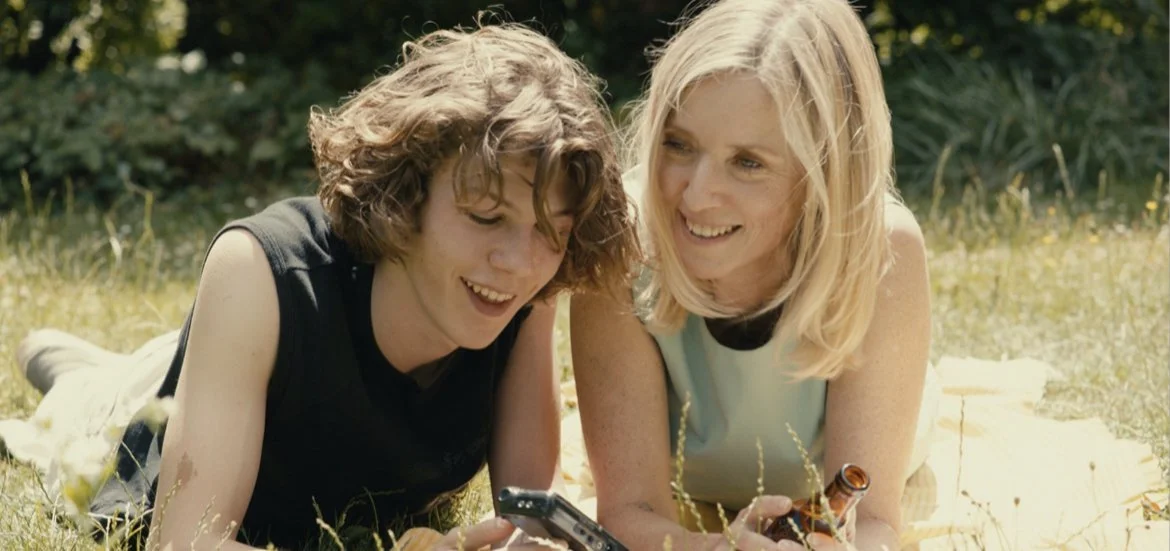One of the great French filmmakers of the last 30+ years has come out of her retirement for, at least, one more film. Catherine Breillat’s “Last Summer” screened last night to polarizing reactions.
It’s been a decade since Breillat’s last film, the scathingly original “Abuse of Weakness.” She is known for her countless cinematic provocations which includes the likes of “Romance,” Fat Girl,” and “The Last Mistress.”
This latest film is a very loose remake of May el-Toukhy’s “Queen of Hearts.” Breillat has totally switched the tone, and ending of that film, and made it into her twisted concoction.
Starring Léa Drucker and Samuel Kircher, the film explores the taboos of a stepmother–stepson relationship. Druker plays Anne, a brilliant lawyer who lives with her husband Pierre and their adopted daughters. Anne gradually engages in a passionate relationship with Theo (Samuel Kircher), Pierre's son from a previous marriage, putting her career and family life in danger.
The sex is frank and provoking. Breillat allows these scenes to play out for longer than expected, with unbroken close-ups on the protagonists’ faces, constantly fervishing on their lusting for each other. There isn’t as much nudity as in her previous films, but the same intention to provoke.
Breillat, as always, has no faith in humanity and it shows in the way her characters lie, backstab and hurt each other. You expect that from Breillat, a controversial filmmaker who has constantly explored the taboos of sexual politics in her filmography.
Drucker is incredible, showing a methodical madness to her desperation to escape the predicament that she has injected herself into. I believe the Cannes Best Actress award will be between her and Sandra Huller in “Anatomy of a Fall.”
I interviewed Breillat more than 6 years ago and she was quite adamant that there was no future for more films in her career. She claimed everything that needed to be explored had been explored. Clearly not.
In “Last Summer” she pushes the boundaries of what is and isn’t acceptable in today’s society. She reimagines the ways in which her taboos can be told in the 2023. Her approach is a highly detailed immersion in the often contradictory mechanics of desire and the impulsions that can destroy lives.
As always, Breillat manipulates the viewer with constant shifts in her narrative, but her approach is playful, even peaceful. “Last Summer” is a subversive treat.





